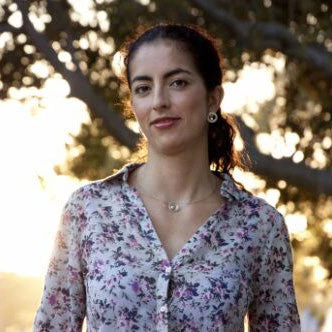The line of refugees waiting at the entrance of the Ministry of Relief and Disaster Preparedness is long, and it is a symbol of the more than 700 thousand refugees that knocked on Uganda’s door in the last five years.
Uganda’s approach to hosting refugees is a model to follow: refugees have freedom of movement, live in settlements and have property rights. They also have the right to employment and are allowed to access public social services available for nationals. In the three years following the 2015 crisis in South Sudan, the resulting influx more than doubled the refugee population. Currently, the country, hosts the third largest refugee population in the world, 1.3 million refugees, which is undoubtedly straining the capacity and sustainability of the refugee-hosting approach. To overcome this challenge, we recently analyzed the socioeconomic profile of refugees and host communities in Uganda to inform the refugee response going forward.
The distressed faces of those in line waiting for their registration papers or waiting to complete an administrative requirement remind us that refugees in Uganda live in precarious conditions. About half of the refugee population in the country (48%) endure poverty, considerably higher than the host population at 17% (Figure 1). Recent refugees tend to be poorer, which explains why the West Nile region, which hosts the recent South Sudanese refugee population, has a poverty rate of approximately 60%. Food insecurity is an issue for both refugees and hosts. Around nine in 10 refugee households experience moderate to severe food insecurity, while this is the case for six in 10 hosts. Despite the harsh conditions, refugees feel secure and welcomed by Ugandan nationals, and there are signs of social assimilation into host communities.
The Ugandan government and other international organizations have responded swiftly by providing aid and programs aimed at alleviating the plight of refugees. As a matter of fact, approximately 54% of refugee households report aid as the most important source of income (Figure 2). While aid dependence certainly declines with time since arrival, it is still the main source of income for 37% of refugees who arrived more than five years ago. The inability to generate income is linked to low levels of human capital and low ownership rates of productive assets. Only 14% of refugees 18 and older have completed primary education, and only 9% have finished secondary education. In comparison, the figures were 34% and 27% for hosts.
When we ask an official of the ministry what, in his opinion, is the main challenge of the refugee influx, he points out their inability to generate income. This is reflected in the unemployment rate - three out of four refugees are unemployed, compared to one in three for hosts. Integrating refugees into the local labor markets, however, would positively contribute to the local economy and benefit the country. Skill building and training programs directed at unemployed refugees that consider their education, occupational background, and access to land, can help improve their ability to generate income. It is of significant importance that labor demand in both agricultural and non-agricultural activities in refugee-hosting areas are stimulated.
Refugee influxes are a challenge that countries can transform into opportunity. Uganda has the chance to teach the world a lesson, and the international community should continue its support of Uganda's efforts. If adequately designed and implemented, the refugee response can not only prevent a humanitarian crisis but could result in the socioeconomic development of refugee-hosting areas. The core of the programs moving forward should focus on self-reliance and building the capacity of refugees to generate income.

For more information, see the full report; Informing the Refugee Policy Response in Uganda: Results from the Uganda Refugee and Host Communities 2018 Household Survey.



Join the Conversation